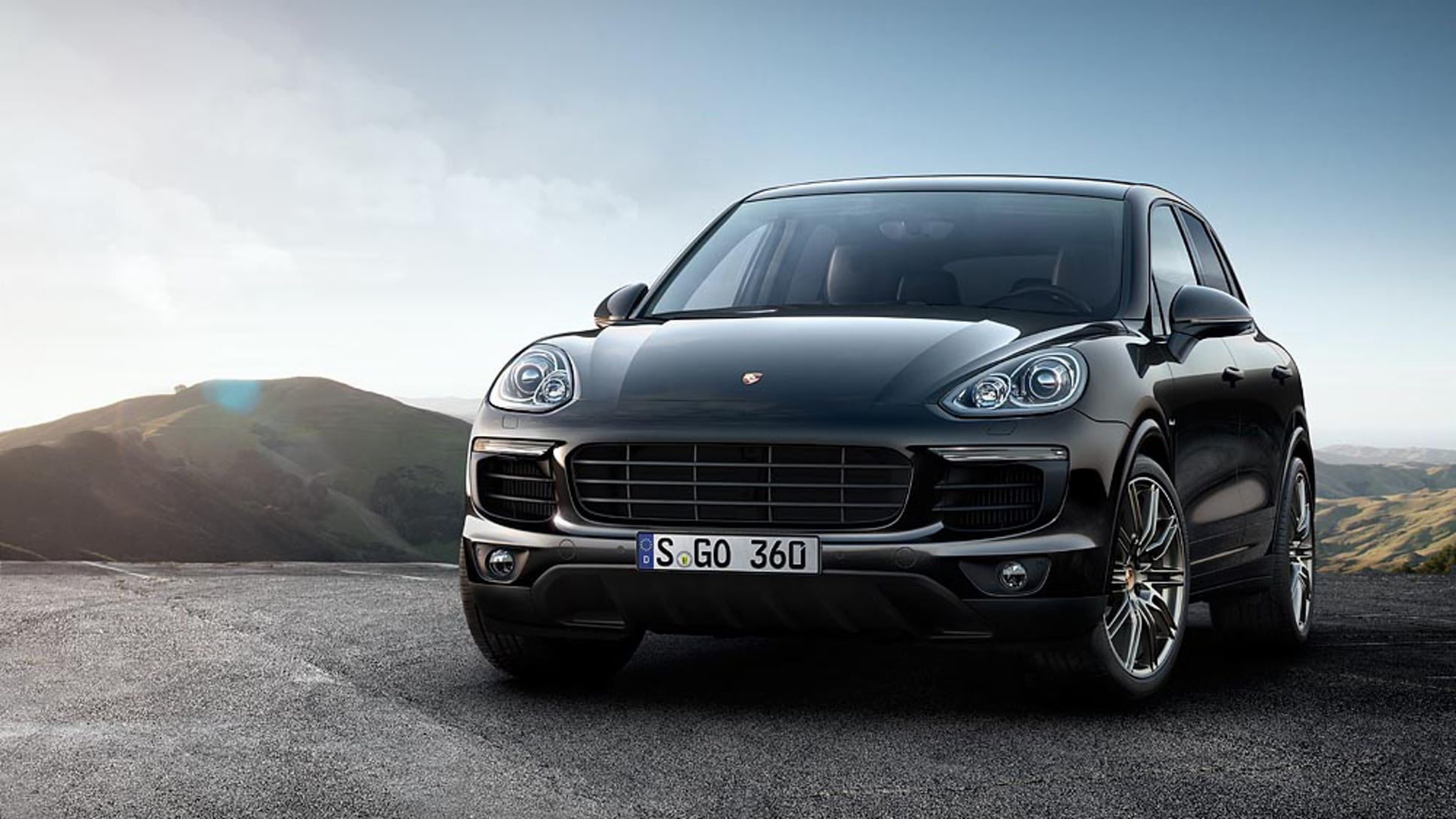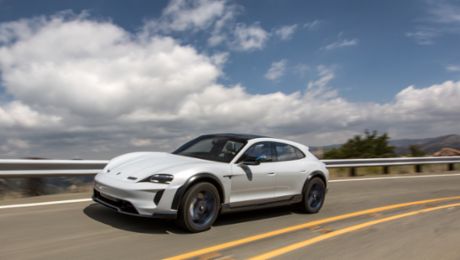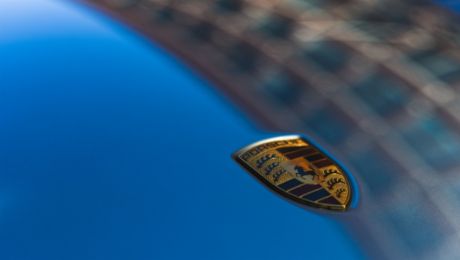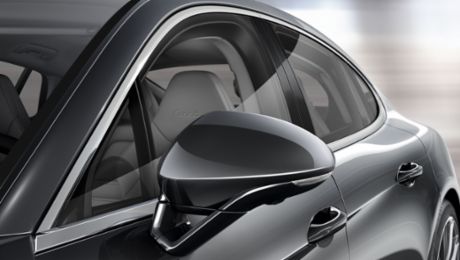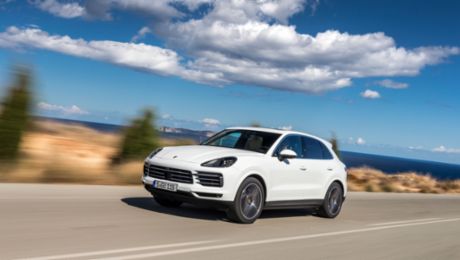Porsche has always aligned its product range with the wishes of its customers and the drive for technological excellence. That is why we are stepping up our activities in the areas of hybrid technology and electric mobility. By 2022, Porsche will have invested over six billion euros in these areas, laying the foundations for sustainable growth – now and in the future.
Interest in hybrid models is already increasing enormously, with hybrids making up 63 percent of all Panameras ordered in Europe. By contrast, demand for diesel models is declining: Of Porsche global sales in 2017, just 12 percent were diesel models. Since February, Porsche has no longer offered any diesel models in its product range. In light of the clearly changing conditions, we have decided not to offer any diesel drives in the future.
It is not our intention at Porsche to demonise diesel. It is, and remains, an important form of drive technology. However, given that diesel has traditionally played a less significant role for us as a sports car manufacturer, we have concluded that we wish to do without diesel in the future. We will of course continue to offer our existing diesel customers professional support.
With the Taycan we have launched our first fully electric sports car – manufactured using CO2-neutral production methods and supplied with green electricity via a Europe-wide charging infrastructure. As early as 2025, half of all new Porsche vehicles could feature an electric drive system – either hybrid or fully electric. That said, we also continue to focus on optimising combustion engines as well, and there is no doubt that puristic, powerful sports cars in thought-provoking designs will continue to play a key role in the Porsche product range in the years to come.
Our intention is to be a technological pioneer – we are honing the core of our brand and consistently focusing our company on the mobility of the future.
Why is Porsche discontinuing its diesel products?
Porsche has always aligned its product range with the wishes of its customers and seeks to take a leading technological role in doing so. Demand for diesel models is declining, and diesel has traditionally played a secondary role at Porsche: In 2017, just 12 percent of the vehicles we sold were diesel models. At the same time, interest in hybrid models is increasing enormously, with a total of 63 percent of the Panamera models supplied in Europe featuring hybrid drives. Since February 2018, Porsche has no longer offered any diesel models in its product range, and at the end of September 2018 we made the final decision not to offer any diesel drive systems in the future.
Did this decision arise from the current allegations of software manipulation in diesel engines, or based on the ongoing discussions about driving bans?
No, neither of these! The changed conditions on the market – falling demand for diesel models and growing interest in hybrids – have played a decisive role. We are honing the core of our brand and consistently focusing our company on the mobility of the future. We are concentrating on three pillars: further optimised combustion engines, plug-in hybrid models, and electric sports cars. 2019 Porsche launched the Taycan – the first fully electric sports car on the market.
Will the decision to move away from diesel at Porsche result in any layoffs?
No. In fact, with the huge investments we are making in electric mobility, we have created more than 1,500 jobs in Zuffenhausen.
Will Porsche not sell any diesel vehicles at all now?
Certified pre-owned diesel Macan, Panamera and Cayenne models will continue to be sold via our dealer network. However, we will stop producing diesel vehicles.
What services will Porsche offer after it stops producing diesel cars?
We take full responsibility for all diesel vehicles provided to customers. And of course Porsche will continue to offer the usual range of services as a service partner.
What steps do I, as the owner of a Porsche diesel vehicle, need to take to get the free software update?
Porsche dealerships have been contacting their respective customers affected by this issue to arrange appointments for a workshop visit. The software update takes around one hour and is, of course, free of charge for customers. If necessary, the Porsche dealership will provide replacement mobility for this time.
Will the software update have any effect on the fuel consumption of the vehicles? What influence will the update have on consumption, warranty, durability and pollutant emissions?
With regard to fuel consumption, maximum engine output, maximum torque and CO2 emissions, the manufacturer’s specifications to date remain unchanged.
Can customers refuse the update?
In the case of a mandatory recall operation such as this, it is compulsory to install the software update. If customers decide against the software update, they risk the withdrawal of their official operating licenses. This is beyond Porsche’s sphere of influence and that of its dealerships.
What recalls for Porsche diesel vehicles have taken place?
In total, there have been regulatory recalls for five models in Europe since November 2015: the Cayenne 3.0-liter V6 diesel (Euro 6), the Macan 3.0-liter V6 diesel (Euro 6), the Cayenne 4, 2-liter V8 diesel (Euro 5), the Cayenne 4.2-liter V8 diesel (Euro 6) and the Panamera 4.0-liter V8 diesel (Euro 6). The corresponding software updates for the Cayenne 4.2-liter V8 diesel (Euro 5) and the Cayenne 4.2-liter V8 diesel (Euro 6) are currently in the process of being released; for the other vehicles mentioned, the technical solutions have already been approved by the German Federal Motor Transport Authority, and Porsche is bringing the affected vehicles to the workshops for a free update.
Consumption data
Cayenne S Diesel Platinum Edition: Fuel consumption combined 8.2 – 8.0 l/100 km; CO2-emissions 215 – 209 g/km
